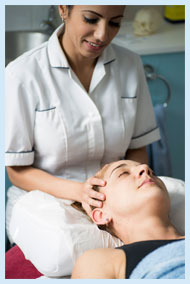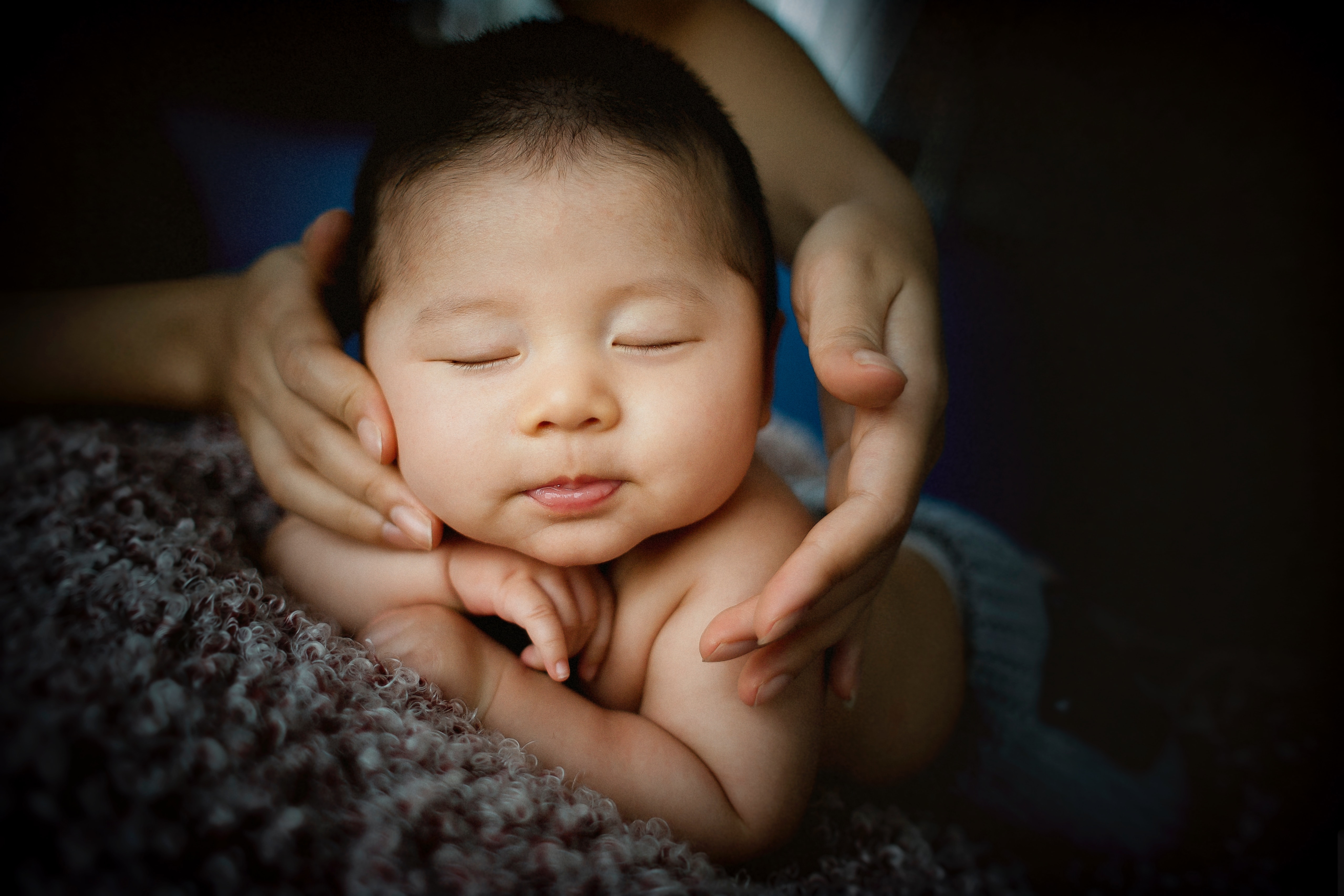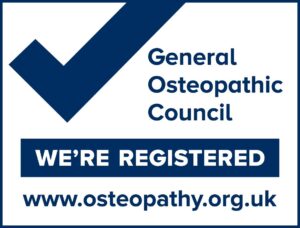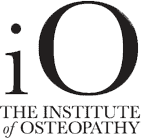What is Cranial Osteopathy?
Cranial Osteopathy uses a more gentle approach to achieve the same things we aim for in Structural Osteopathy. The techniques are targeted to create balance within the body by:
- Improving Postural Alignment.
- Improving Poor Circulation within the body.
- Balancing ligamentus tension within the body.
- Releasing areas of adhesions.
- Improving movement between the joints and bones.
So how does Cranial Osteopathy work?
As the name suggests, this treatment focuses on the structures in the skull. The practitioner uses gentle touch starting with the focus on various structures in the skull and then either along the spine, diaphragm, and sacrum (tail bone).
‘Cranial Osteopath use a highly developed sense of touch to feel subtle changes of tension and tissue quality in the living anatomy of the whole body, and to diagnose areas of strain or dysfunction.’ Sutherland Cranial College of Osteopathy.
Each practitioners experience of working with Cranial Osteopathy varies. I personally like to describe Cranial Osteopathy as ‘fine tuning’ of the body. I like to start with some structural Osteopathy techniques and finish with some gentle Cranial as we focus on the smaller/ finer movements and fluid movement within the body.
What does the Cranial treatment feel like?
Cranial Osteopathic treatment is very gentle and relaxing. You may experience various sensations. Here are some of the feedback we get from patients at The Backbone clinics are:
- Mild tension and release.
- Sensitivity, or slight aching.
- Changes in temperature.
- Various emotions surfacing.
- Deep relaxation-Some even fall asleep!
- Some patients don’t feel much whilst having the treatment but feel the change and big ‘shifts’ once they stand up afterward.
Our Osteopaths at the Backbone may add some Cranial techniques to your treatment or may do a complete treatment of pure Cranial Osteopathy.
Who Can It Help?
This gentle technique is ideal for anyone! Particularly for:
 New-borns & babies.
New-borns & babies.- Young Infants.
- People with high levels of inflammation in the bodies: such as autoimmune conditions, Rheumatoid arthritis, undergoing chemotherapy or intensive treatments.
- Elderly or people with fragile bones and joints. e.g. Osteoporosis.
Adults who find they react too strongly to the stronger techniques
By Ayshe Ibrahim Clinic Director, Principle Osteopath and Yoga Therapist. Nov 2019. www.thebackbone.co.uk.
To Book an appointment at The Backbone Clinics please click here…
To Join Our mailing list and receive up to date information about deals, events and information for The Backbone Clinics please click here…








